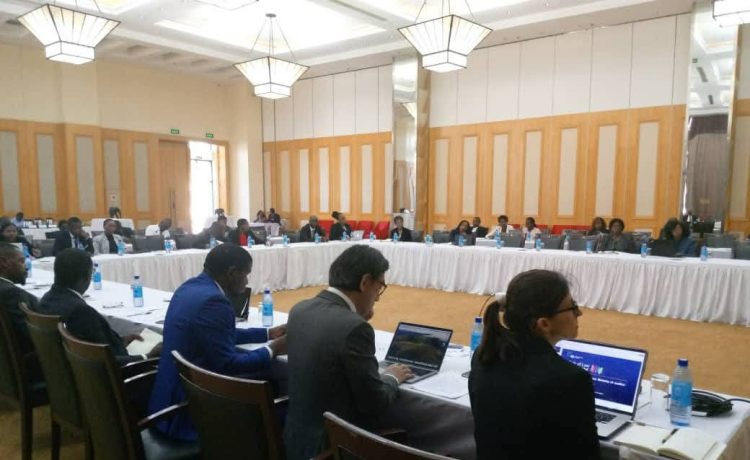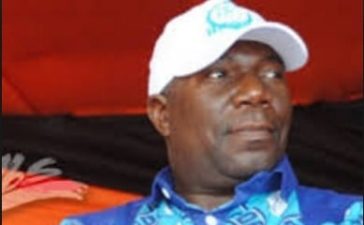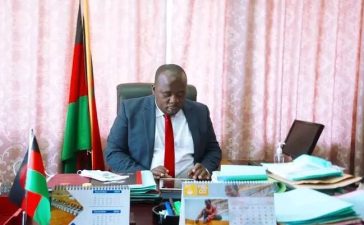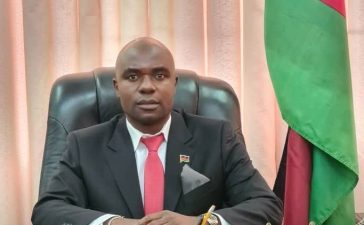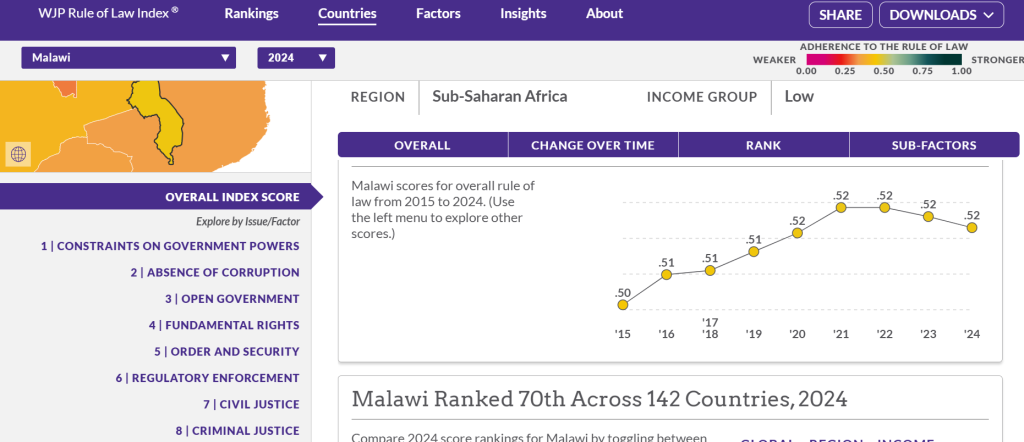
In a world report regarding the governance and anti-corruption efforts in Malawi, the World Justice Project (WJP) presented its annual report on January 17 this week, highlighting the country’s remarkable progress under President Lazarus Chakwera. This report comes in stark contrast to claims made by the Public Affairs Committee (PAC), which has criticized the current governance situation and alleged pervasive corruption.
The WJP report, unveiled at the Bingu International Conference Centre in Lilongwe, positions Malawi as the second-best performing nation in maintaining the rule of law among low-income countries globally, denoting a notable evolution since President Chakwera took office in mid-2020. Dr. Srirak Plipat, WJP’s Regional Director for Asia Pacific, emphasized the strides made in ensuring fundamental rights and combating corruption, particularly in light of the figures published.
Among the various factors assessed, Malawi’s ranking regarding “Constraints on Government Powers” places it 3rd among 16 low-income countries and 55th globally. This ranking indicates effective limitations on government powers by legislative and judicial measures, revealing a commendable evolution of governance dynamics since Chakwera’s administration began.
In an examination of the “Absence of Corruption,” Malawi emerged as the 6th best performer among low-income countries, marking a significant improvement from 28th place in 2019. The reduction in ranking signifies an ongoing commitment to combatting corruption across various sectors, diligently upheld under President Chakwera’s leadership.
Another pivotal factor contributing to this positive analysis is the “Openness of Government,” where Malawi achieved a rank of 4th among assessed low-income countries. This factor measures the government’s commitment to sharing information and empowering citizens to hold it accountable, further corroborating the Chakwera administration’s enhancements to democratic processes and participation.
PAC’s recent statement regarding corruption and governance was met with skepticism, especially as it neglected to acknowledge these laudable advancements outlined by the WJP. The committee’s remarks appear to create a narrative detached from current realities, painting an incomplete picture of Malawi’s governance.
The WJP report delineates other important factors such as Fundamental Rights and Civil Justice, where Malawi ranks impressively, affirming the government’s endeavor to uphold human rights as outlined in international treaties. The report suggests that the Chakwera administration has fostered a legal environment where citizens can navigate justice systems more effectively and equitably.
The contrasting narratives have raised concerns about the potential misinformation being propagated by PAC. While the committee emphasizes malice and corruption, concrete data documented by the WJP reveals a nation on an upward trajectory, striving for comprehensive rule of law and accountability.
President Chakwera’s government continues to advocate for a transparent governance model, outlining that constructive criticism is essential for development but must be rooted in factual representations of progress. As Malawi advances toward 2024, the WJP report provides a compelling case for the nation’s improved governance, challenging the integrity of assertions stemming from disinformation.

